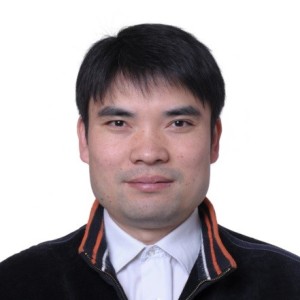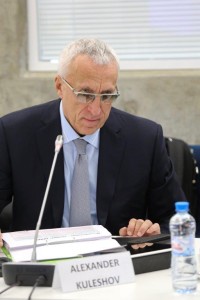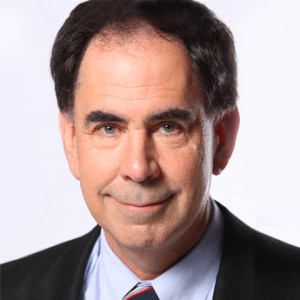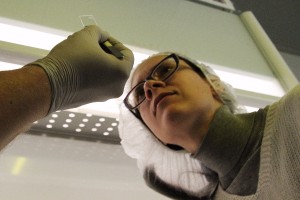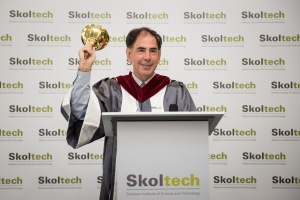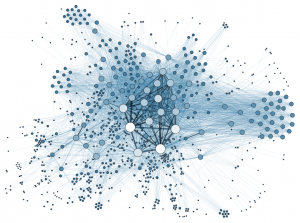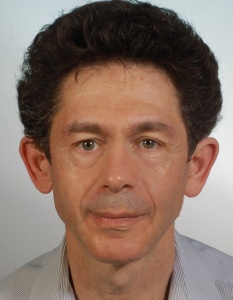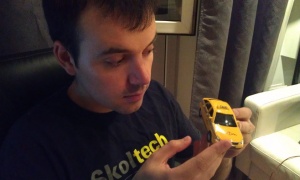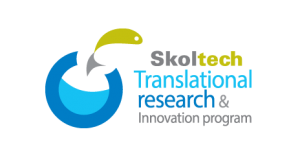We are pleased to invite you to a special edition of Skoltech Colloquium: double colloquium.
From a Simple Chemical Concept to Three-Dimensional Topological Materials: Principles and Applications
Guest speaker: Professor Xing-Qiu CHEN, Shenyang National Laboratory for Materials Science, Institute of Metal Research, Chinese Academy of Sciences
Xing-Qiu Chen received his Ph.D degree in Physical Chemistry from the University of Vienna in 2004. Afterwards, he took postdoctoral studies in the Vienna Center for Computational Materials Science (CMS) and at the Oak Ridge National Laboratory (ORNL) in the Materials Science and Technology Division. In 2010, he moved to Shenyang, starting his new position as a Research Staff Member funded by a CAS “Hundred Talent Project” at Institute of Metal Research. His main scientific interests are concerned with the computer modeling of materials properties and designs using quantum mechanical methodologies. To date, he has already published over 80 pre-review papers in scientific journals (including 1 Nature Chemistry, 1 Nature Communications, 7 Phys. Rev. Lett, 1 Advanced Materials). Among them, four have been selected in the ISI highly cited articles (top 1%). He has actively participated in international conferences and served scientific community. Currently, he still is the editorial board members of four journals Metals, Journal of Materials Science and Technology, Science China Materials and Scientific Reports.
and
The Formation Mechanism of Macro-Segregation in Solidifying Steels
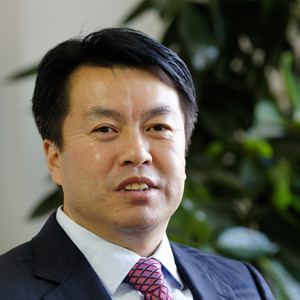 Guest speaker: Dianzhong LI (Professor, Ph.D), Head of the Materials Process Modeling Division, Shenyang National Laboratory for Materials Science, Institute of Metal Research, Chinese Academy of Sciences
Guest speaker: Dianzhong LI (Professor, Ph.D), Head of the Materials Process Modeling Division, Shenyang National Laboratory for Materials Science, Institute of Metal Research, Chinese Academy of Sciences
Professor Dianzhong Li the head of Materials Process Modelling Division of Shenyang National Laboratory for Materials Science (SYNL), Institute of Metal Research (IMR), Chinese Academy of Sciences (CAS). He joined CAS by the “Hundred Talented Program” in 1998. Now his research interests focus on the fabrication of the heavy castings and forgings and the high-quality special steels through controlling the macroscopic defects and microstructures, the modeling of the nucleation and growth of solidification structure and solid phase transformation in steels during deformation, the in-situ observation and modeling of liquid metal flow. He has been awarded as Second Prize for National Science and Technology Progress Awards (2012), Outstanding Science and Technology Achievement Prize of Chinese Academy of Sciences (2009) and Prize for Scientific and Technological Innovation by Ho Leung Ho Lee Foundation (2007). More than 100 scientific papers have been published on the peer-in-review journals such as Nature Communications, Acta Materialia. More than 40 invention patents and 2 softwares have been authorized by China.
We are looking forward to seeing you! In the meantime we invite you to check the schedule of the next colloquia.
For further information or questions, please e-mail Ekaterina Kuzmina at
If you like to participate and for further information or questions, please Liliya Abaimova
We look forward to seeing you.

